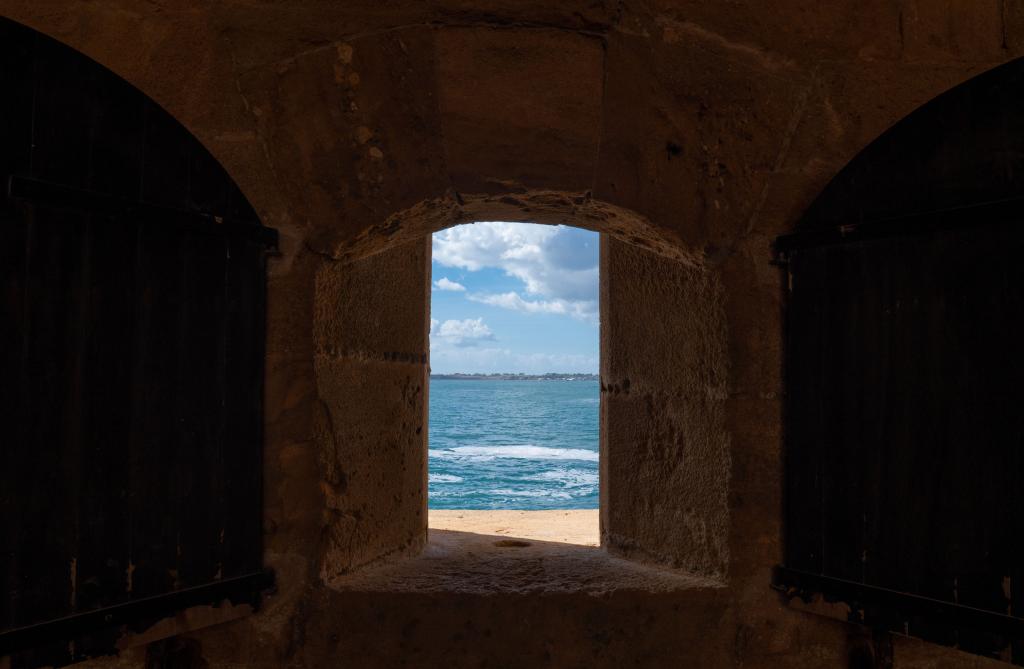NAWAMED: Circular water management, adaptation, transition. Three days in Sicily aimed at finding concrete results
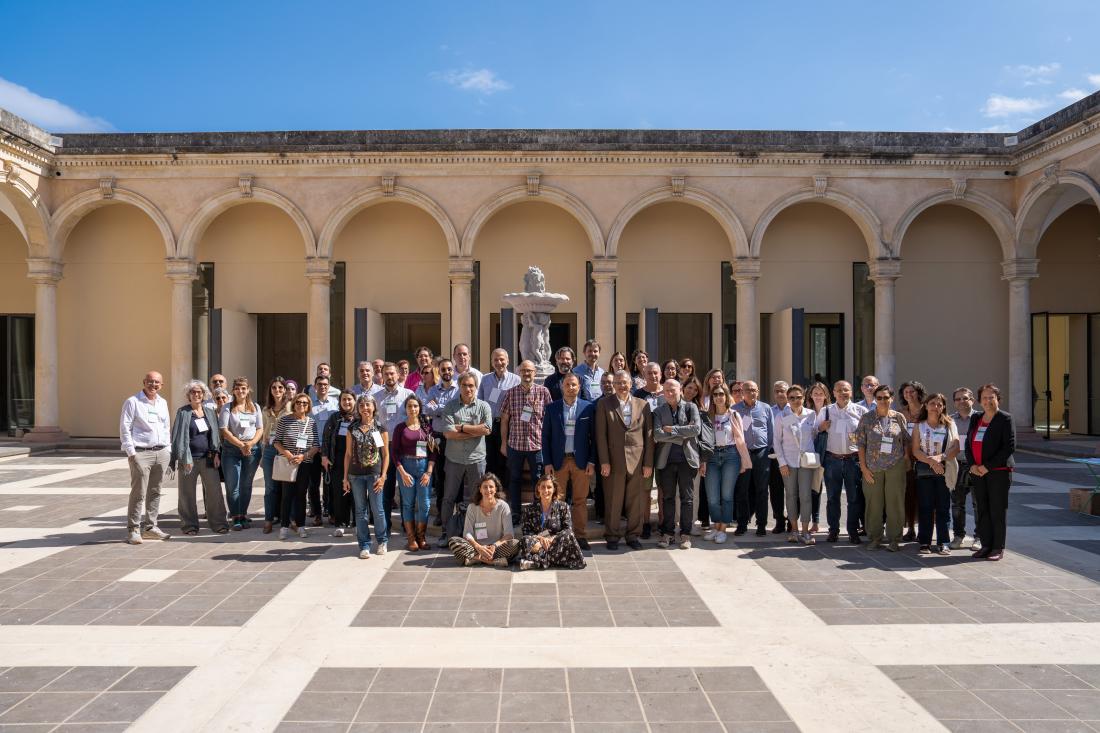
Over 100 people for three intense days of work, discussion, planning. At the centre, the telling of existing good practices on the theme of water management and reuse, both at urban and rural level, in the Mediterranean area. Been presented by numerous institutional and research bodies from all the Mediterranean countries, involving dozens of European projects, in order to accompany the transition towards the application and scalability of the proposed solutions.
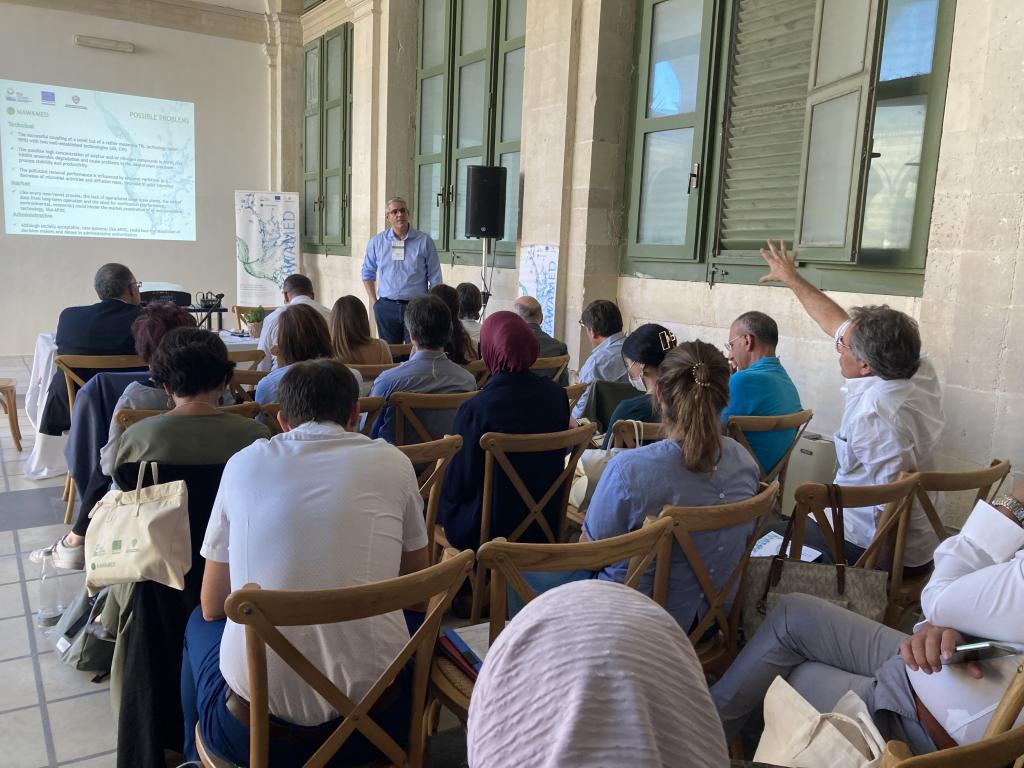
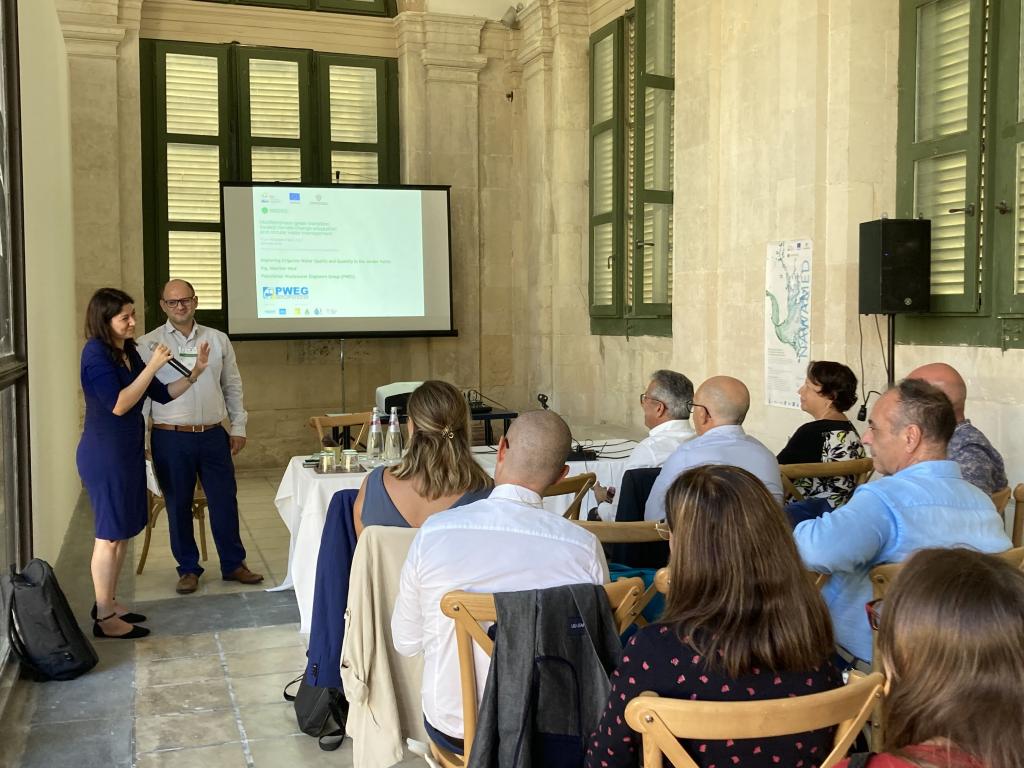
The event 'Mediterranean green transition towards climate change adaptation and circular water management' took place between 3 and 5 October 2022 in Syracuse, the Sicilian city that has become the international capital where these practices and policies were recounted, discussed and proposed.
Two workshops on innovative measures at urban and rural level to address water management and climate adaptation issues, two "Living lab" workshops dedicated to "Sustainable integrated water management at urban level" and "Water scarcity and agriculture", two "field" visits to discover two exemplary projects: the "Wall2Water" in Ferla and INTESA, the innovative water saving system in Ispica.
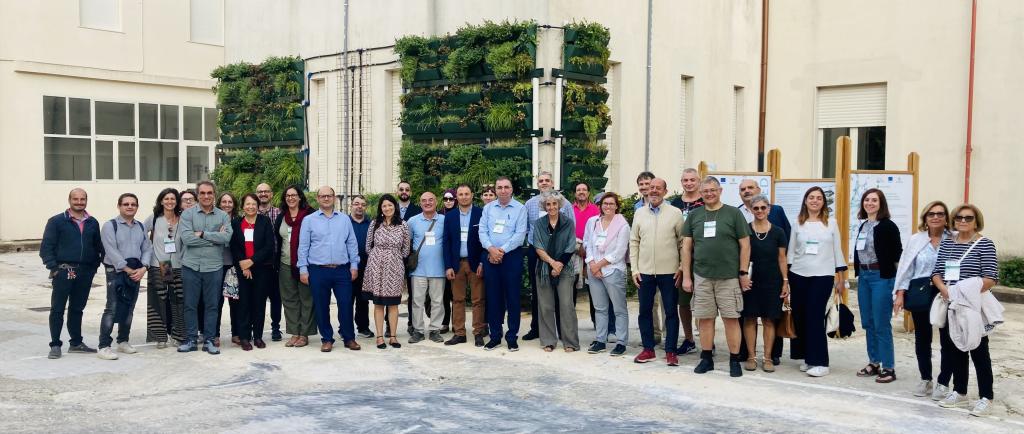
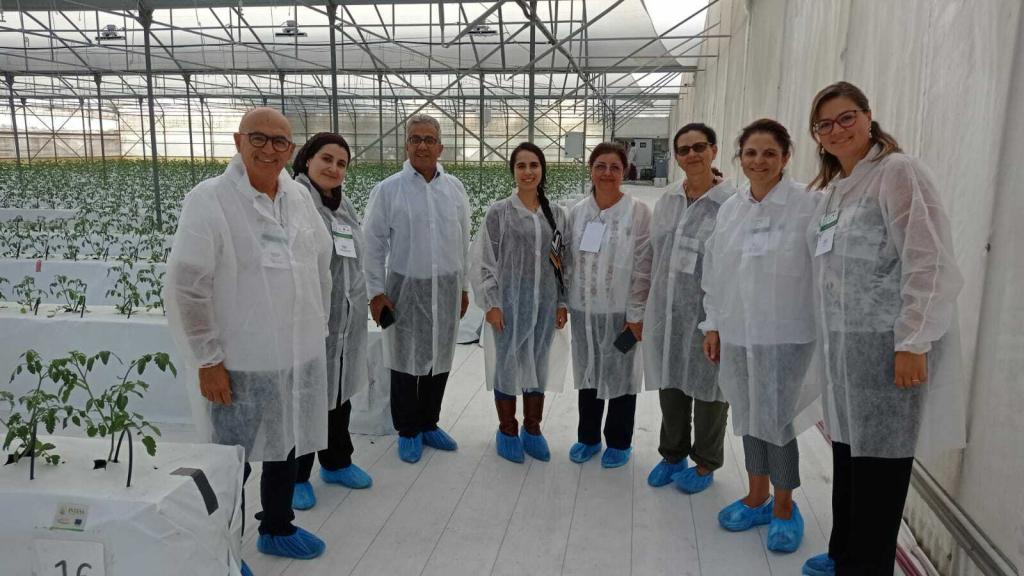
Three days characterized by great enthusiasm and involvement. Participants took part in all the moments, bringing their own experience and points of view, in a close confrontation aimed at finding concrete results.
In Syracuse, there was an atmosphere of seriousness and commitment, in the awareness that every initiative aimed at counteracting the effects of the climate crisis must be carried out with great commitment, in order to make the projects become concrete and replicable examples.
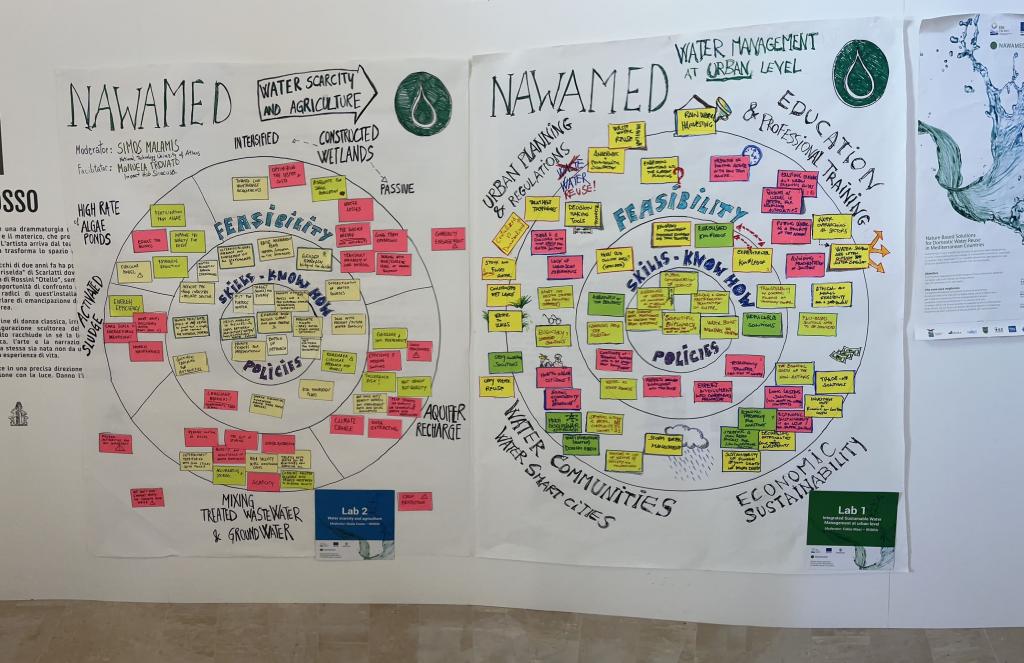
Many important considerations emerged on the last day, during the two concluding panels.
The speakers reflected on the barriers that hinder the spread of sustainable and concrete solutions to water efficiency, starting with cultural issues. Much was discussed about the roles and responsibilities of those who should lead the transition of water systems, and the involvement and definition of stakeholders. In addition, ample space was given to the financial issue, the recognition of costs and benefits and the comparison with other strategic sectors.
All this in the overall context of climate scenarios, which are constantly and worryingly changing.
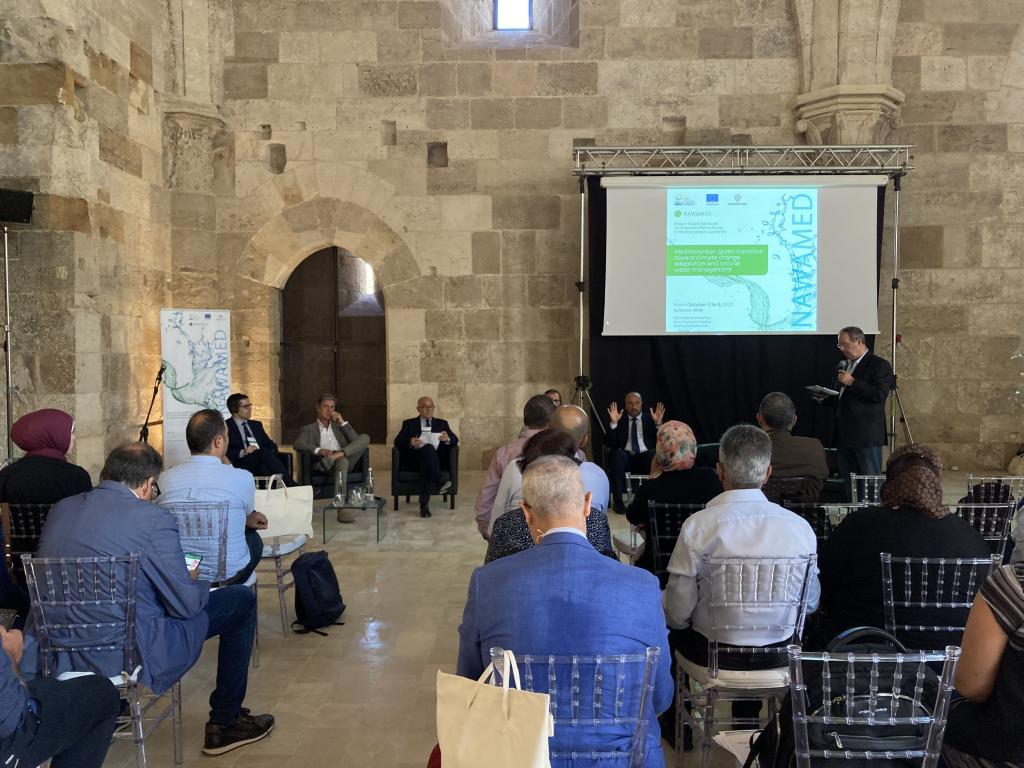
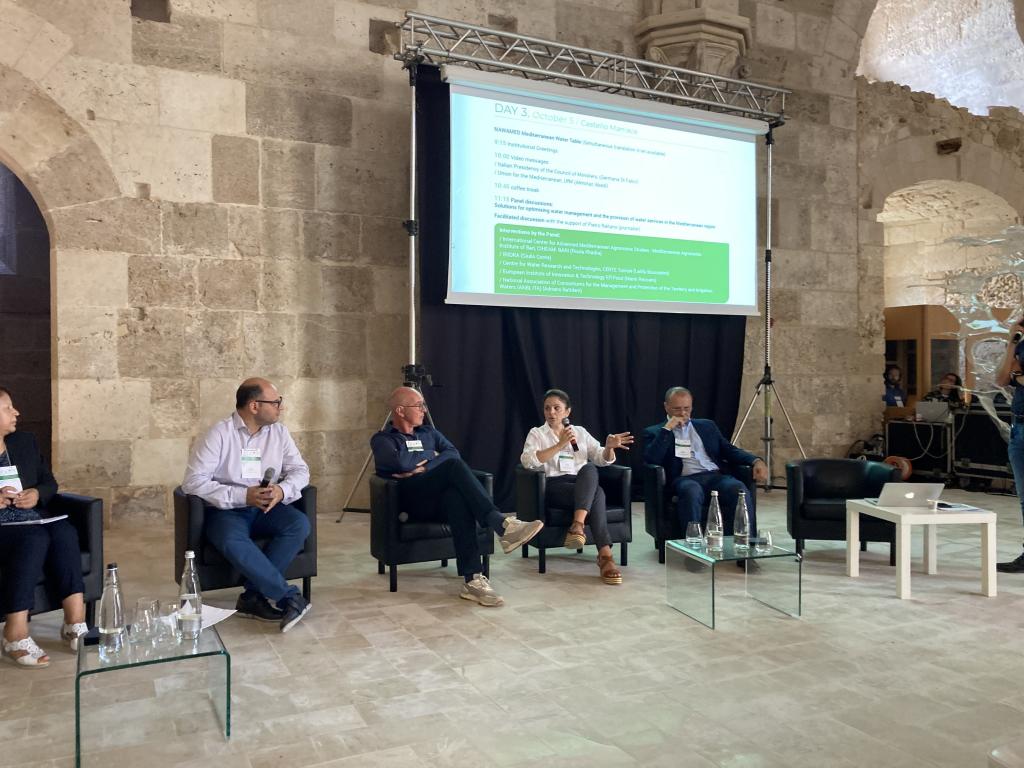
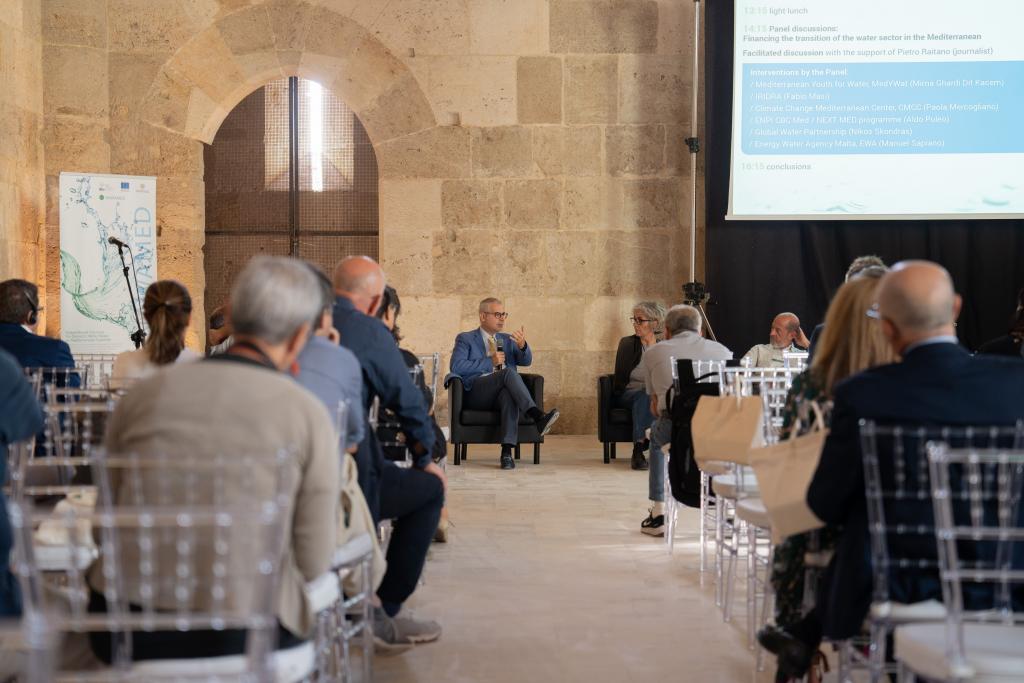
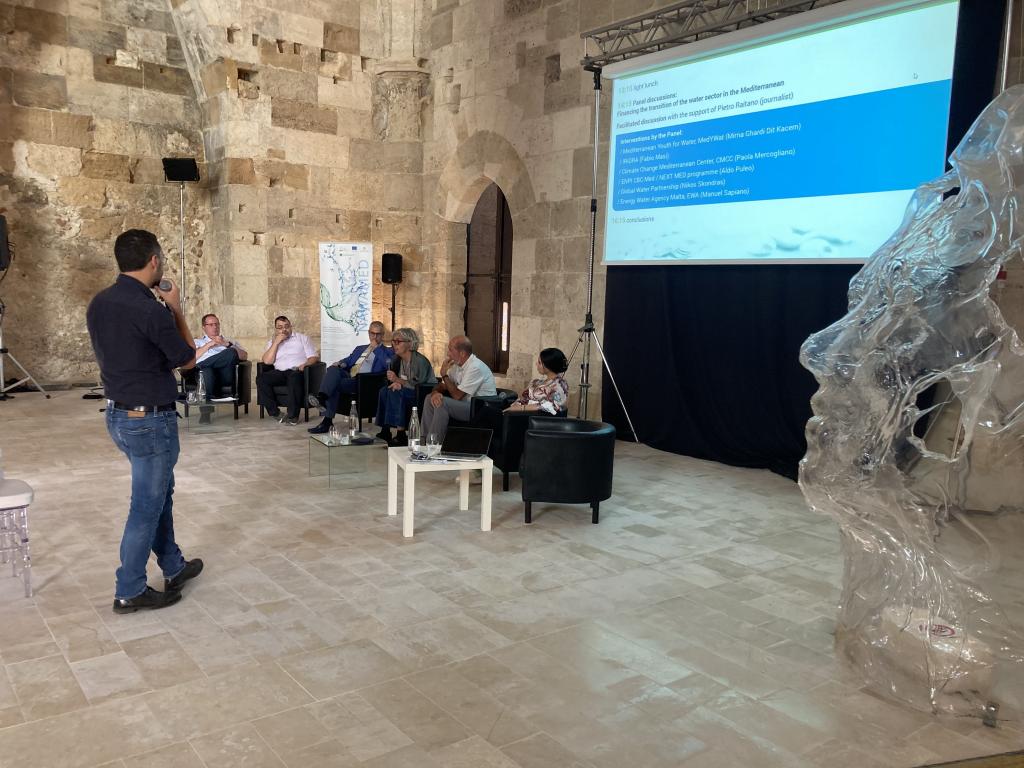
The participants, who came from numerous public, private, local and international, governmental and non-governmental institutions, also enjoyed convivial and informal moments, enjoying the splendid setting of the Sicilian city, in the evocative locations of the Ancient Market of Ortigia and the spectacular Maniace Castle, a beautifully restored 13th century jewel.
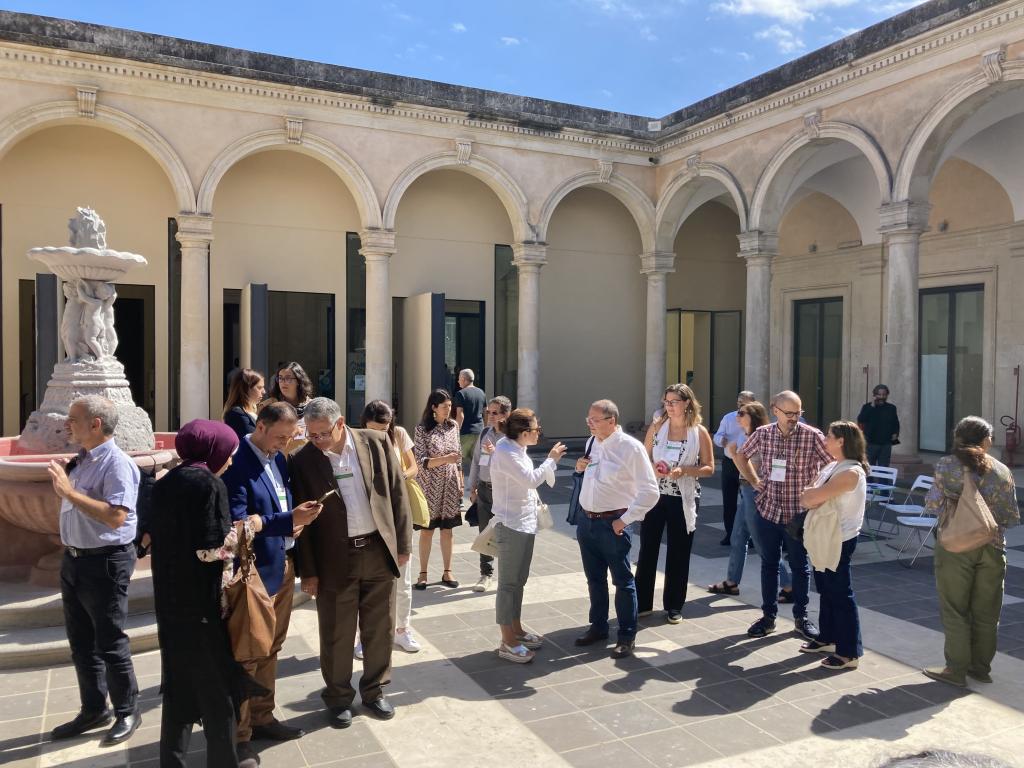
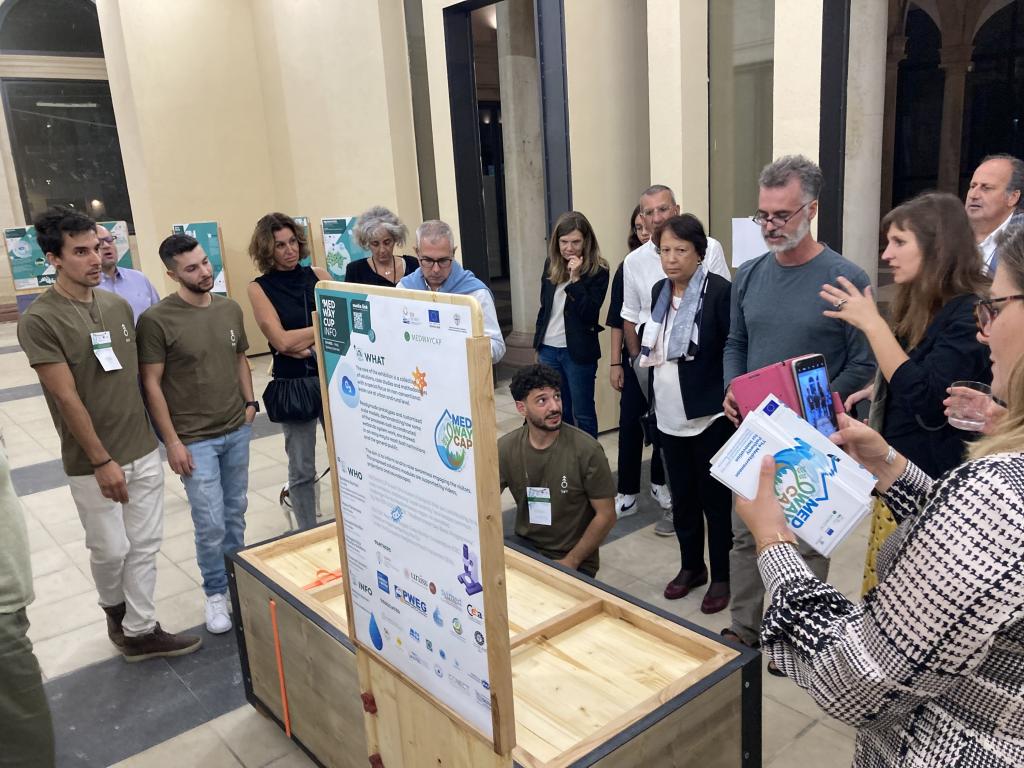
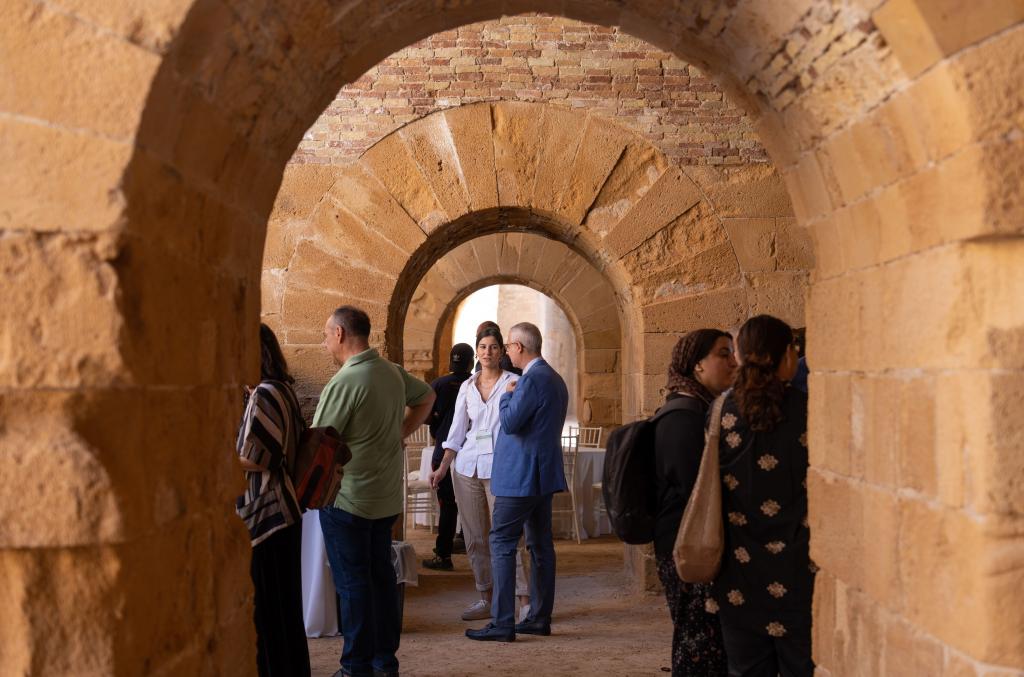
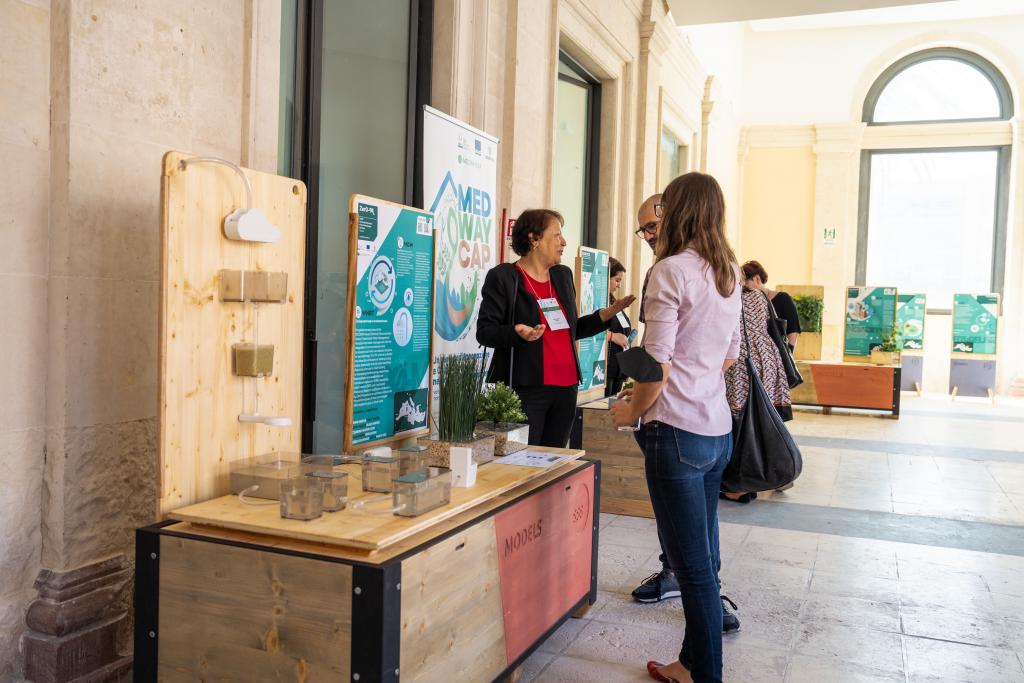
The water used inside cities, even though much less than water used for irrigation, is an important fraction of the total water withdrawn from rivers or underground aquifers, and is the water that requires higher quality and expensive treatments; before use, for potabilization, and after use, to reduce water bodies pollution. Urban water use could be drastically reduced through new approaches, aimed at collecting rainwater and reusing greywater and blackwater. Nature Based Solutions (NBS) could play an important role in this new approach.
To design ‘water sensitive and circular cities’ we need to renew urban planning and regulation and educate a new generation of technician (Urban planners, architects, engineers) able to progressively integrate NBS in the city water management network.
The next appointment is scheduled for February 2023 in Tunisia, where the first Innovation Camp of the Medwaycap project and the Mediterranean Water Table of the Nawamed project will take place.
